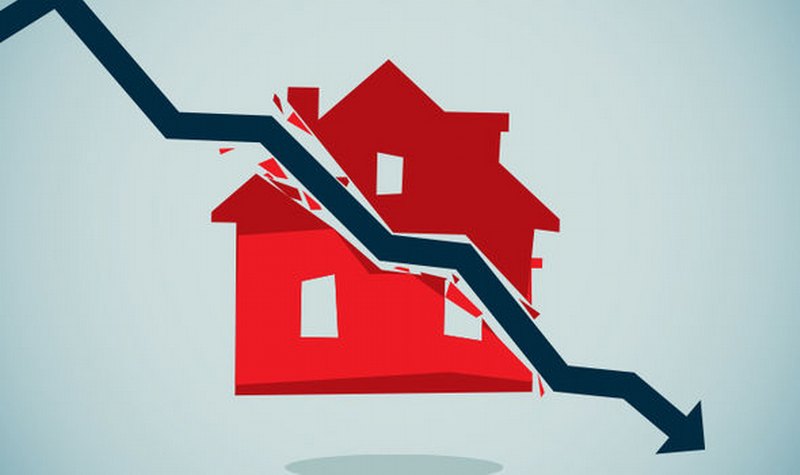What is Negative Equity

What is Negative Equity, and How Can You Avoid It?
Lower demand for residential property can mean falling house prices. This usually happens when the economy gets impacted by significant events, such as the COVID-19 pandemic. If you, as a homeowner, are relying on the value of your property to go up, and this dip in property values happen, your home could be in negative equity.
What is negative equity?
Equity is equal to the value of your home less any loan you have secured on it. Equity will go up the more you repay your mortgage, as well as when property values increase. Conversely, negative equity happens when the balance of your mortgage is higher than the market value of your property.
How can you reduce negative equity?
Reducing your negative equity will put you in a better position when the time comes for you to refinance or sell your home. These tips will help you reduce, if not get rid of, your negative equity.
- Make extra repayments on your home loan. Pay off your home loan faster so you’ll have a lower balance remaining when you decide to sell or refinance your home. Remember to check with your lender first to make sure that you can make extra repayments without having to pay any fees.
- Arrange a valuation. Knowing your equity position is important especially if you are looking to sell your home. Arrange an independent valuation to give yourself a better idea of the difference between the balance of your home loan and the value of your home.
- Avoid redrawing from your home loan. Avoid redrawing the funds if you have made extra repayments in your mortgage. If the property market is in decline, getting ahead of your home loan through extra repayments is even more critical.
- Do simple renovations. Making simple, small renovations can raise the value of your home and potentially reduce the gap between the sale price and your mortgage balance. It is recommended to know the improvements that buyers want or prefer and focus on those.
If you can wait for property values to rise, it can help you avoid selling your home when you are in a negative equity situation. By waiting until the market recovers, you can negotiate a higher price for your home while avoiding paying back your mortgage out of your own pocket.
Read also:
Five benefits of using a mortgage broker
Principal and Interest Vs Interest Only
Boost Your Chances of Getting a Home Loan
Can negative equity become a problem?
If you don’t plan to sell your home, you don’t have to worry about negative equity. But if you must sell, you will need to pay back the remaining balance on your home loan, even if there is a shortfall from the sale of your home. This means that you will need to find the money to pay back the full amount of your remaining mortgage balance. Most people get the money from their savings or selling other assets.
If you are in a negative equity situation, you may find it difficult to refinance your home loan to get a lower interest rate. Even if you switch to a different lender, it will still involve an independent valuation of your property. This can mean that the amount you can borrow will be limited to a percentage of your home’s current value. This amount could become much less than your current mortgage if you are in negative equity.
Compare lenders with Makes Cents.
Finding the best home loan provider with competitive interest rates is the key to taking out a mortgage successfully. While certain circumstances that affect the entire property market can’t be avoided, you can somehow safeguard yourself from future rate hikes and negative equity. Makes Cents can help you find these suitable lenders by allowing you to compare more than 35 lenders. This will not take much of your time – a few minutes is all you will need. So, why don’t you start comparing today?
Still wondering What is Negative Equity? Speak to a mortgage broker today about refinancing to set yourself up to pay off your home faster and avoid paying unnecessary interest.




